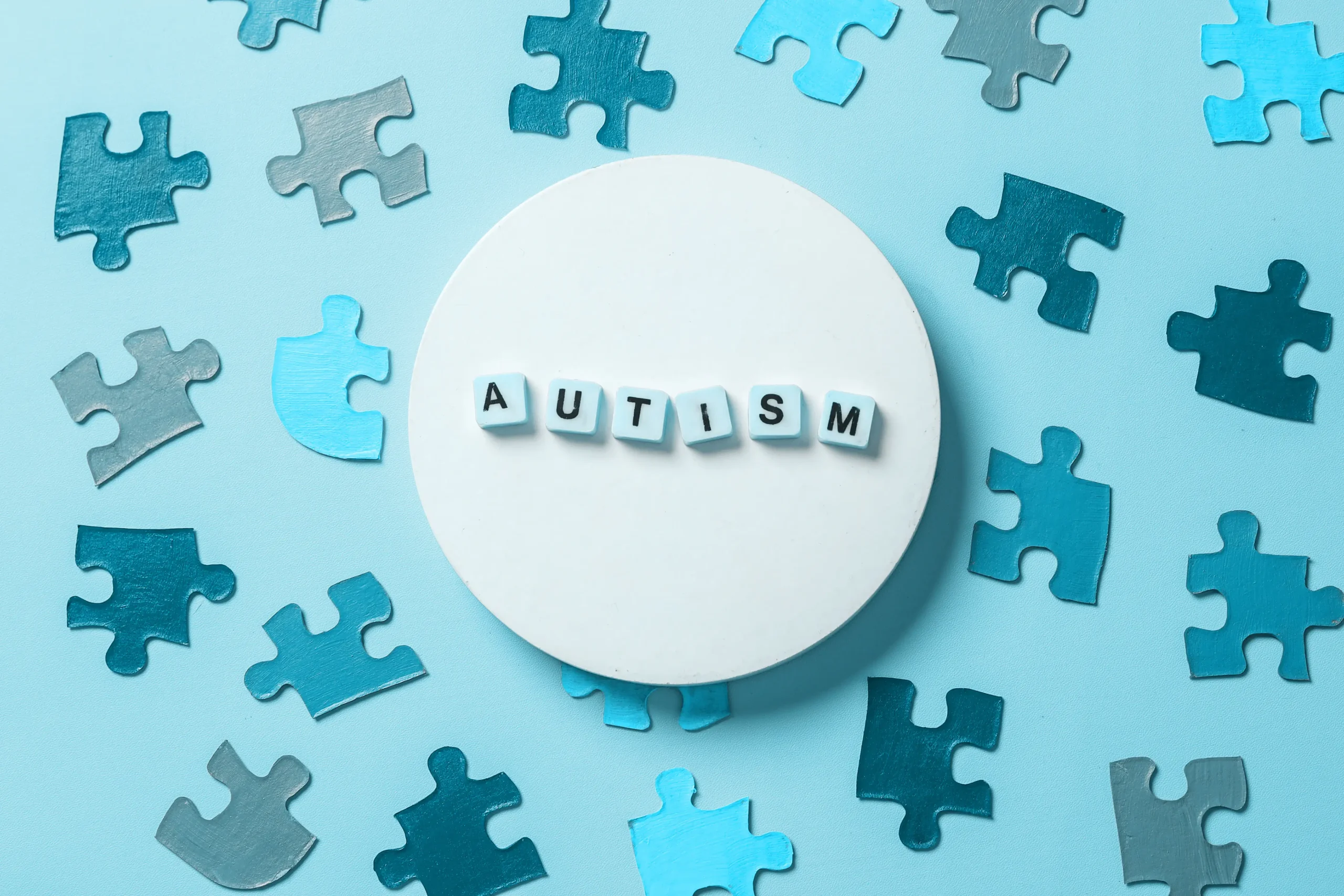How to Protect Your Mental Health from Holiday Stress
The holiday season is often considered the most wonderful time of the year. It’s a time for joy, togetherness, and celebration. However, for some, it can also be a time of immense stress, anxiety, and emotional strain. The pressure to create the perfect holiday experience, whether it’s hosting family gatherings, gift shopping, or dealing with financial burdens, can take a toll on your mental health.
Set realistic expectations
One of the primary sources of holiday stress is the unrealistic expectations we place on ourselves. We often envision picture-perfect holidays that are free from any flaws. However, it’s crucial to understand that no holiday season is without its imperfections. To protect your mental health, start by setting realistic expectations.
Understand that not everything will go according to plan. There might be minor mishaps, family conflicts, or weather-related disruptions. It’s important to accept these imperfections and focus on the bigger picture – spending quality time with loved ones. By adjusting your expectations, you can reduce the pressure you put on yourself and enjoy the holidays with a lighter heart.
Manage your time
The holiday season can be overwhelming due to the seemingly never-ending list of tasks that need to be completed. From shopping for gifts to decorating your home and preparing meals, time management is crucial to protect your mental health. Here’s how you can do it effectively:
- Create a holiday calendar: Plan your holiday activities and tasks in advance by creating a calendar. Include dates for shopping, decorating, and any social events you’ll be attending.
- Prioritise your tasks: Make a list of tasks and prioritise them based on their importance. This will help you tackle the most critical tasks first and reduce stress.
- Set aside downtime: Ensure that your schedule includes time for self-care and relaxation. This is essential to recharge and prevent burnout.
- Delegate when possible: Don’t hesitate to ask for help or delegate tasks to family members. Sharing responsibilities can make the workload more manageable.
Budget wisely
Financial stress is a significant factor during the holiday season. The pressure to buy extravagant gifts and host lavish parties can lead to overspending and debt. To protect your mental health, create a realistic holiday budget. Here are some tips to help you manage your finances during the holidays:
- Set a spending limit: Determine how much you can afford to spend on gifts, decorations, and other holiday-related expenses. Stick to this budget to avoid financial strain.
- Plan ahead: Start saving for the holidays well in advance. Consider opening a dedicated holiday savings account to help cover the costs.
- Be creative with gifts: You don’t need to spend a fortune on gifts. Consider homemade gifts, thoughtful gestures, or organising gift exchanges to reduce expenses.Avoid impulsive spending: When shopping, make a list and stick to it. Avoid making impulsive purchases that can lead to overspending.
Practice self-care
Self-care is vital for protecting your mental health during the holidays. It’s easy to get caught up in the hustle and bustle of the season, but neglecting self-care can lead to increased stress and burnout. Make self-care a priority by incorporating these strategies into your routine:
- Exercise regularly: Physical activity is an excellent way to reduce stress and boost your mood. Even a short daily walk can make a significant difference.
- Get enough sleep: Adequate sleep is essential for mental and emotional well-being. Aim for 7 – 9 hours of quality sleep each night.
- Eat well: Maintain a balanced diet that includes fruits, vegetables, and whole grains. Proper nutrition can positively impact your mood and energy levels.
- Practice relaxation techniques: Consider mindfulness, meditation, or deep breathing exercises to help you stay centred and calm during stressful moments.
Maintain boundaries
During the holidays, it’s common for people to feel pressured to attend numerous gatherings and events. While spending time with loved ones is essential, it’s equally as crucial to maintain boundaries. Overcommitting can lead to exhaustion and increased stress.
It’s okay to say no if you’re feeling overwhelmed or need time for self-care. Communicate your boundaries with family and friends in a kind and honest manner. Remember that your well-being should be a top priority, and taking breaks when needed is a sign of strength, not weakness.
Seek support
Don’t hesitate to seek support if you’re struggling with holiday-related stress and anxiety. Sharing your feelings and concerns with a trusted friend or family member can provide emotional relief. Additionally, consider talking to a mental health professional if you find the holiday stress particularly challenging to manage. Therapists can offer coping strategies and support to help you through difficult times.
Embrace mindfulness and gratitude
Practising mindfulness and gratitude can be powerful tools for protecting your mental health during the holidays. Mindfulness involves being present in the moment, allowing you to appreciate the holiday experience. It can also help you manage stress and anxiety.
Start a daily gratitude journal to reflect on the things you’re thankful for. This simple practice can shift your focus from holiday stressors to the positive aspects of the season. Consider creating a gratitude jar where you and your loved ones can drop notes about things you’re grateful for throughout the holiday season.
Connect with others
Although the holidays can be a source of stress, they are also a time for connection and togetherness. Strengthening your social bonds can be an excellent way to protect your mental health. Spend quality time with friends and family, engage in holiday traditions, and create lasting memories. Building and nurturing these relationships can provide emotional support and a sense of belonging during this sometimes challenging time of year.
Conclusion
The holiday season should be a time of joy, love, and celebration. However, the pressure to meet high expectations and fulfil various responsibilities can lead to holiday stress, impacting your mental health. By setting realistic expectations, managing your time and finances wisely, practising self-care, maintaining boundaries, seeking support when needed, embracing mindfulness and gratitude, and connecting with others, you can protect your mental health during the holidays. Remember that it’s essential to prioritise your well-being and focus on what truly matters – the joy of spending time with loved ones and creating cherished memories.
For more information, please contact:
Name: Karolyn Pillay Moodley
Hospital: Daxina Private Hospital
Discipline: Psychologist
Contact number: 087 087 8494
Email address: [email protected]















